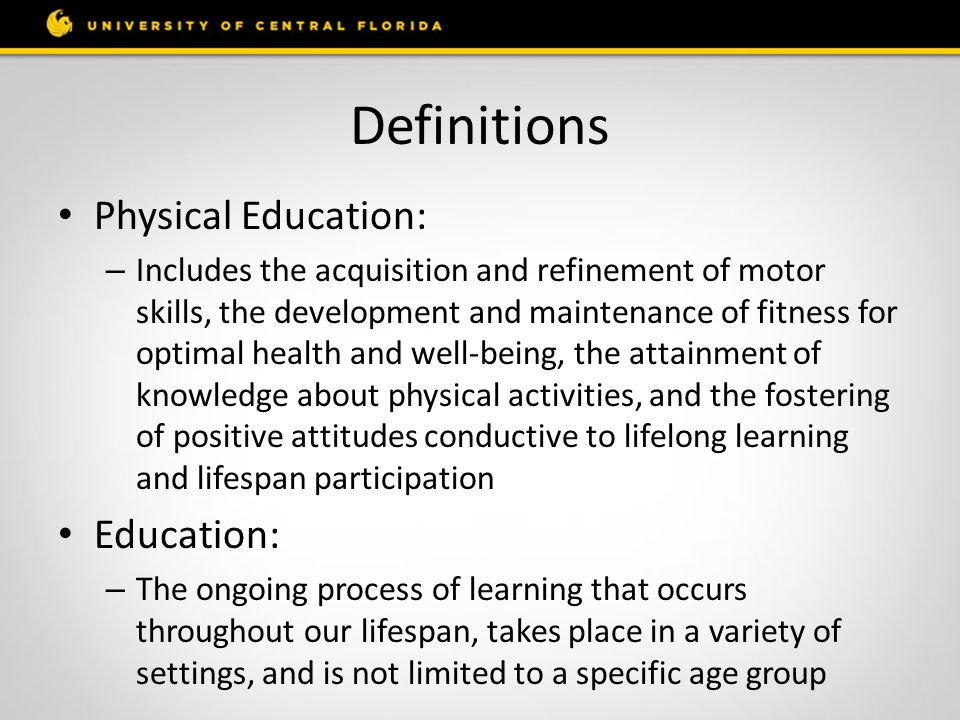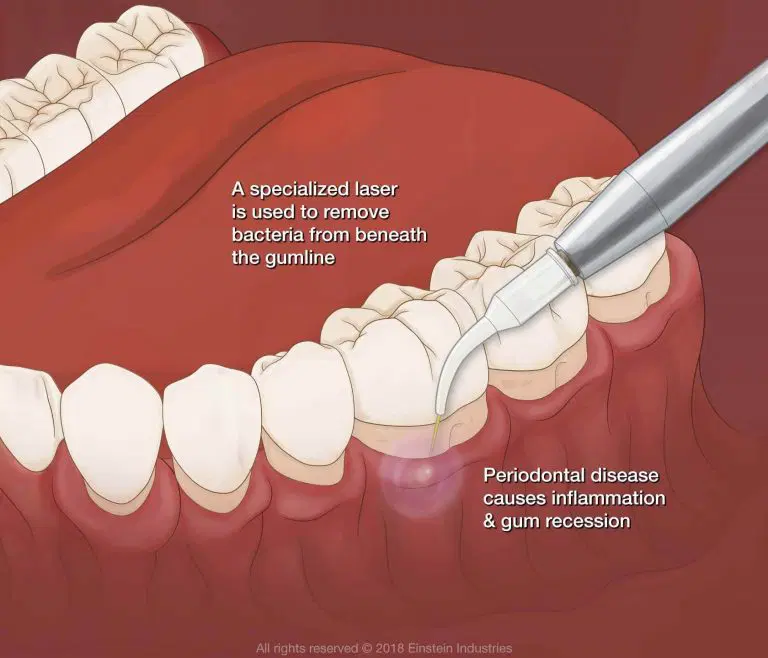Ramadan is a month-long Islamic fasting period during which Muslims abstain from food and drink from sunrise to sunset. The meal that is consumed before the fast begins is called suhoor, while the meal that breaks the fast is called iftar.
The typical Ramadan diet varies depending on cultural and regional differences, but in general, it emphasizes healthy and nutritious foods that provide sustained energy throughout the day. The following are some common foods consumed during Ramadan:
- Dates: Dates are a traditional food to break the fast due to their high sugar content, which provides an immediate energy boost.
- Soups: Soups are a common starter for iftar as they are hydrating and help replenish fluids lost during the day.
- Grains: Grains such as rice, bulgur, and quinoa are often included in Ramadan meals to provide sustained energy.
- Protein: Protein sources like chicken, beef, and fish are typically consumed in moderate portions at iftar and suhoor to help build and repair muscles.
- Vegetables: Vegetables such as spinach, eggplant, and zucchini are rich in vitamins and minerals and are commonly consumed during Ramadan.
- Fruits: Fruits like watermelon, melon, and grapes are often consumed during iftar as they are hydrating and help replenish fluids.

Fasting during Ramadan has several biological benefits that can positively impact the body. One of the most notable benefits of fasting is that it can improve insulin sensitivity, which can help prevent type 2 diabetes. When we fast, our body’s insulin levels decrease, which allows insulin receptors to become more responsive to insulin. This, in turn, can improve the body’s ability to regulate blood sugar levels and reduce the risk of developing insulin resistance.
Another biological benefit of fasting during Ramadan is that it can lead to a reduction in inflammation. When we fast, the body’s inflammatory response is reduced, which can help reduce inflammation in the body. Chronic inflammation is a risk factor for a variety of health conditions, including heart disease, arthritis, and cancer. By reducing inflammation, fasting during Ramadan can help reduce the risk of developing these and other chronic health conditions.
Fasting during Ramadan has been shown to have positive effects on the cardiovascular system. Studies have found that fasting can lead to a reduction in blood pressure, LDL cholesterol, and triglycerides, all of which are risk factors for heart disease. Fasting can also improve heart rate variability, which is an indicator of overall heart health. These cardiovascular benefits can help reduce the risk of developing heart disease, which is a leading cause of death worldwide.
It’s important to note that the Ramadan diet should be balanced and healthy, with a focus on nutrient-dense foods that provide sustained energy throughout the day. It is also important to stay hydrated by drinking plenty of water and other fluids during non-fasting hours.





















